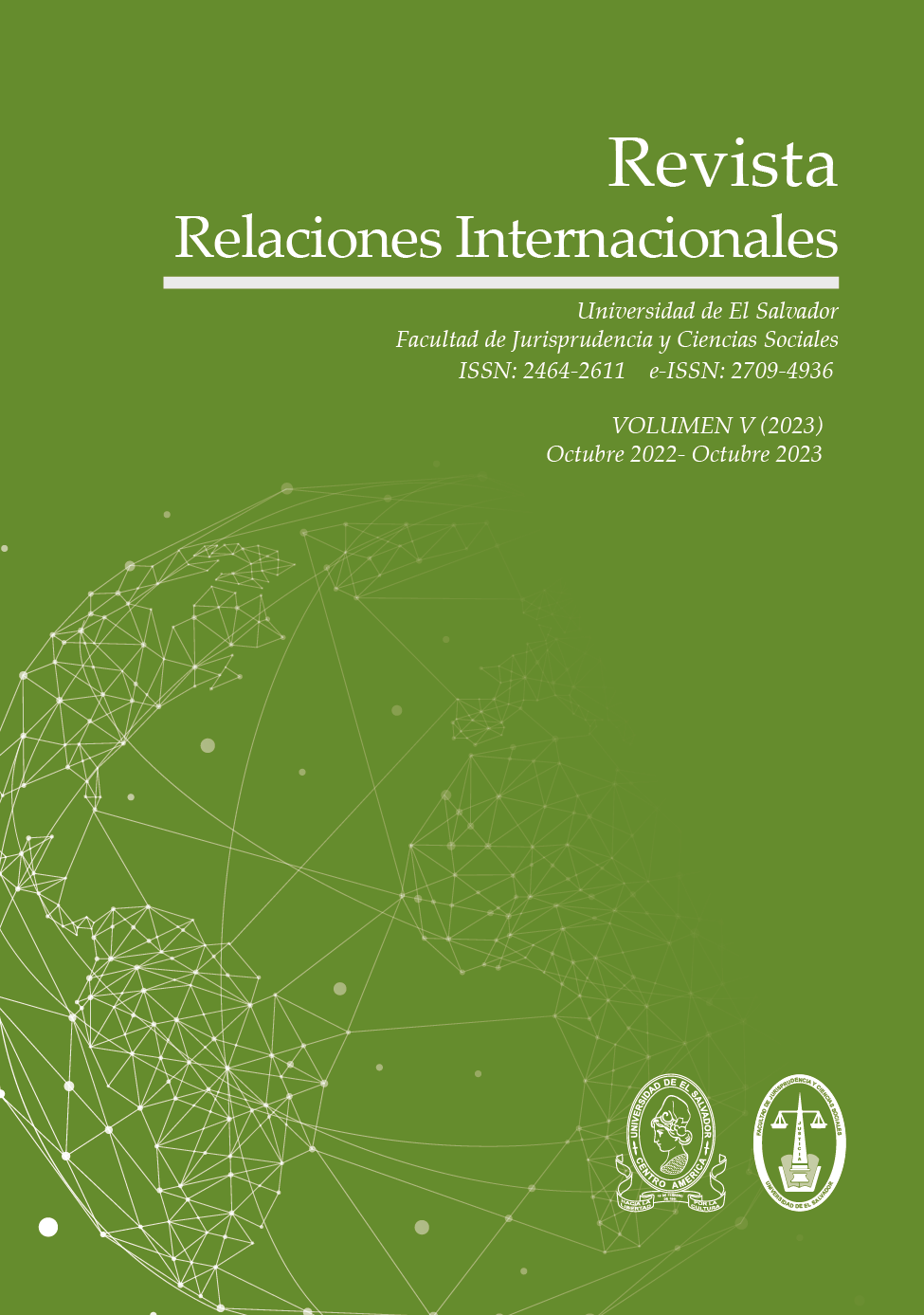Artificial intelligence as a model ethical tool in the governance of emerging Smart Cities
Keywords:
Artificial Intelligence, Ethics, Governance, Smart citiesAbstract
As times have evolved, so has technology, whose purpose is to facilitate the development and lives of people, increasingly integrated with computers as society becomes more digital. From the beginning of the 21st century to the present day, technological advances have taken giant leaps. In retrospect, it was not long from 1989, when the Internet was introduced to the world, to the present day when the applicability of artificial intelligence in many aspects of human life and development began to be analyzed and tested. In the present academic article it is exposed, by means of an analysis of bibliographic compilation of diverse articles and investigations about artificial intelligence (AI) in different contexts, where artificial intelligence possesses the capacity not only to enhance research, but also to be a tool for the administration of a city, for the creation of public policies, development projects, and urban planning, as well as the viability of these and their forms or processes of integration in a political-social scope of governance. Or, as a double-edged sword, it can be a proliferator of innumerable problems. What has been concluded is that, for the sake of healthy progress and human development, a "middle ground" should be sought regarding the issue of AIs and, ultimately, they should have an exclusively tool function, just as a simple hammer can be, for humanity itself to use responsibly and ethically for its own benefit and future development. It is not a replacement, it is just another tool.
Downloads
References
“Objetivos de Desarrollo Sostenible”, Organización de Naciones Unidas”, acceso el 13 de febrero de 2023, https://www.un.org/sustainabledevelopment/es/objetivos-de-desarrollo-sostenible/
“The Domo Business Cloud: Data Never Sleeps 10.0”. Domo Business Cloud, acceso el 13 de febrero de 2023, https://www.domo.com/data-never-sleeps.
Aljanabi, Mohammad, Mohanad Ghazi, Ahmed Hussein Ali y Saad Abas Abed. “ChatGPT: Open Possibilities”, Iraqi Journal for Computer Science and Mathematics n.1 (2023). https://doi.org/10.52866/20ijcsm.2023.01.01.0018
Allama, Zaheer y Zaynah A. Dhunny. “On big data, artificial intelligence and smart cities”, Cities, n.89 (2019): 80-91. https://doi.org/10.1016/j.cities.2019.01.032
Amer, Karim, Jehane Noujaim, y Pedro Kos. “Nada es Privado”, Netflix (Estrenado el 26 de enero de 2019).
Aristóteles. “Ética a Nicómaco”, Traducido por Julio Palli Bonet, Editorial Gredos, (Madrid, 1985): 152-181.
Chang, Victor. “An ethical framework for big data and smart cities”, Technological Forecasting & Social Change Journal, n.165 (2021). https://doi.org/10.1016/j.techfore.2020.120559
Kandt, Jens y Michael Batty. “Smart cities, big data and urban policy: Towards urban analytics for the long run”, Cities, n.109 (2021). https://doi.org/10.1016/j.cities.2020.102992
Macnish, Kevin, Mark Ryan y Bernd Stahl. “Understanding Ethics and Human Rights in Smart Information Systems: A Multi Case Study Approach”, The ORBIT Journal, n.2 (2019): 1-34. https://doi.org/10.29297/orbit.v2i1.102
Medialdea, Lara, Alejandro Finocchiaro, Lino Barañao, y Jorge Aguado. “Plan Nacional de Inteligencia Artificial”, Argentina: Presidencia de la Nación, 2020. https://ia-latam.com/wp-content/uploads/2020/09/Plan-Nacional-de-Inteligencia-Artificial.pdf
Oosthuizen, Rudolf M. “The Fourth Industrial Revolution (STARA) Industrial Psychologists in future workplaces”, Ponencia dictada en la American Psychological Association Annual Convention, agosto de 2022.
Ryan, Mark y Anya Gregory. “Ethics of Using Smart City AI and Big Data: The Case of Four Large European Cities”, The ORBIT Journal n.2 (2019). https://doi.org/10.29297/orbit.v2i2.110
Terrones Rodríguez, Antonio Luis. “Inteligencia Artificial, Responsabilidad y Compromiso Cívico y Democrático”, Revista Iberoamericana de Ciencia, Tecnología y Sociedad, n.44 (2020): 253-276. http://ojs.revistacts.net/index.php/CTS/article/view/166/157
Downloads
Published
Issue
Section
License
Copyright (c) 2023 Revista Relaciones Internacionales

This work is licensed under a Creative Commons Attribution-NonCommercial 4.0 International License.
The authors transfer the copyright rights in favor of the Faculty of Jurisprudence and Social Sciences of the University of El Salvador (through Aequus Editorial) to include their writing in Revista Relaciones Internacionales.








